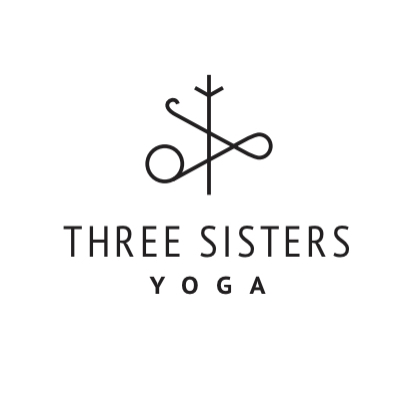I fell off the emailing this past few weeks because we had the good fortune to graduate one group of students and then start right away working with another. It has been a whirlwind turn around, but it is worth it. As our sangha grows we become increasingly blessed with more and more wonderful, talented and exceptional people.
Working with aspiring teachers is a lot like working with new yoga students; there is a palatable tension, a heightened level of self consciousness. They are both vulnerable and scared. It is not often as adults that we put ourselves in new situations, ask ourselves to move outside our comfort zone, or force ourselves to learn a new skill. And entering a room of “others” is a daunting task at the best of times. We hope it’s going to go OK, that we won’t be judged harshly, that we’ll make friends. Add to that the fact that you are going to be forced to do some public speaking and try to instruct others and - truly, it is enough to make any grown-up cry. Anyone who gets up in front of people and tries to teach them is, to me, a superhero. It is a courageous act.
Even if they are bad at it.
When getting feedback, teacher trainees often get this one one piece of advice, “be more confident.” Yet, asking someone to be “more confident” in this situation is like asking a blade of grass to be more like a tree. A blade of grass has no more knowledge of how to be a tree than a new teacher knows how to “be more confident” (whatever that means).
Your lack of confidence isn’t the problem. The advice is. Like many well meaning mentors, teachers will often fall back on old tropes like “be more confident.” But, that advice is not helpful. How can you be more of something you are not?
It is OK to not be confident. It is OK. You do not have to be more than you are. Be nervous and jittery. It is OK.
Confidence comes with competence. The more I understand, the better equipped I feel. The better equipped I am, the more I can offer. I gain confidence as my competence improves. My competence improves through study and practice. You know… yoga.
So truly, the best advice is; get comfy with being bad. Because, doing something well is not a matter of doing it right. It is about allowing yourself to be bad. Truly it is.
In each new training cycle I tell our students, “Get up here and fail spectacularly, please. This is the best place to be really, really bad at what you do, so jump in with both feet and blow it!” Because, you will find that, despite your discomfort, you will live to see another day. And you are teaching yourself a vital skill; how to try again.
If you are not confident. That is OK. You are here and you are trying. That will be enough for today.
This is loving kindness.
And isn’t this what we want for our students? You can’t teach what you don’t know. Accepting your discomfort and doing it anyway will help you help you find the tools to help others do the same.
That way, when that very new, adult, student comes to you and says, “I’m no good at yoga,” instead of falling back on, “that’s OK, yoga is for everyone!” you can confidently say, “that’s OK, I’m learning too.”
Welcome back to school yogis.
